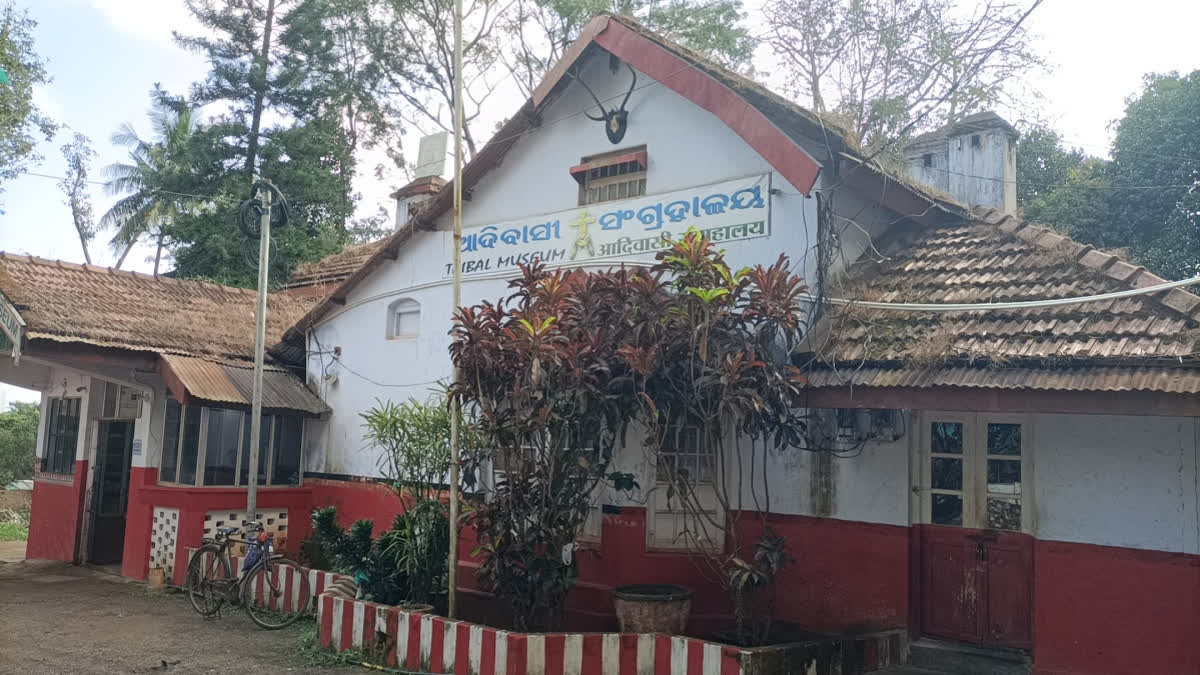Koraput: For tourists and visitors, the Tribal Museum here in Odisha is a heritage monument, that preserves remnants of the past with rare collections of artefacts reflecting tribal lifestyle. But for the tribal families, the mute walls have buried stories of their family members who were taken to Assam’s tea gardens to work as migrant laborers.
For the uninitiated, the exhibits at the museum depict the lifestyle of vibrant tribal traditions - from farming practices to the colorful lives of tribal men and women through murals, their attire, the utensils, jewelry and things used in their day to day lives.
However, scratch the museum surface a little and a different story unfolds. During the early 20th century, when the massive tea plantations in Assam faced labour shortfall and needed people from other places, the then British administration, orchestrated the migration plan as per the the Tea Districts Labour Association (TDLA) requirements. The Tribal Museum once served as the residence of TDLA agents who were working from Koraput.
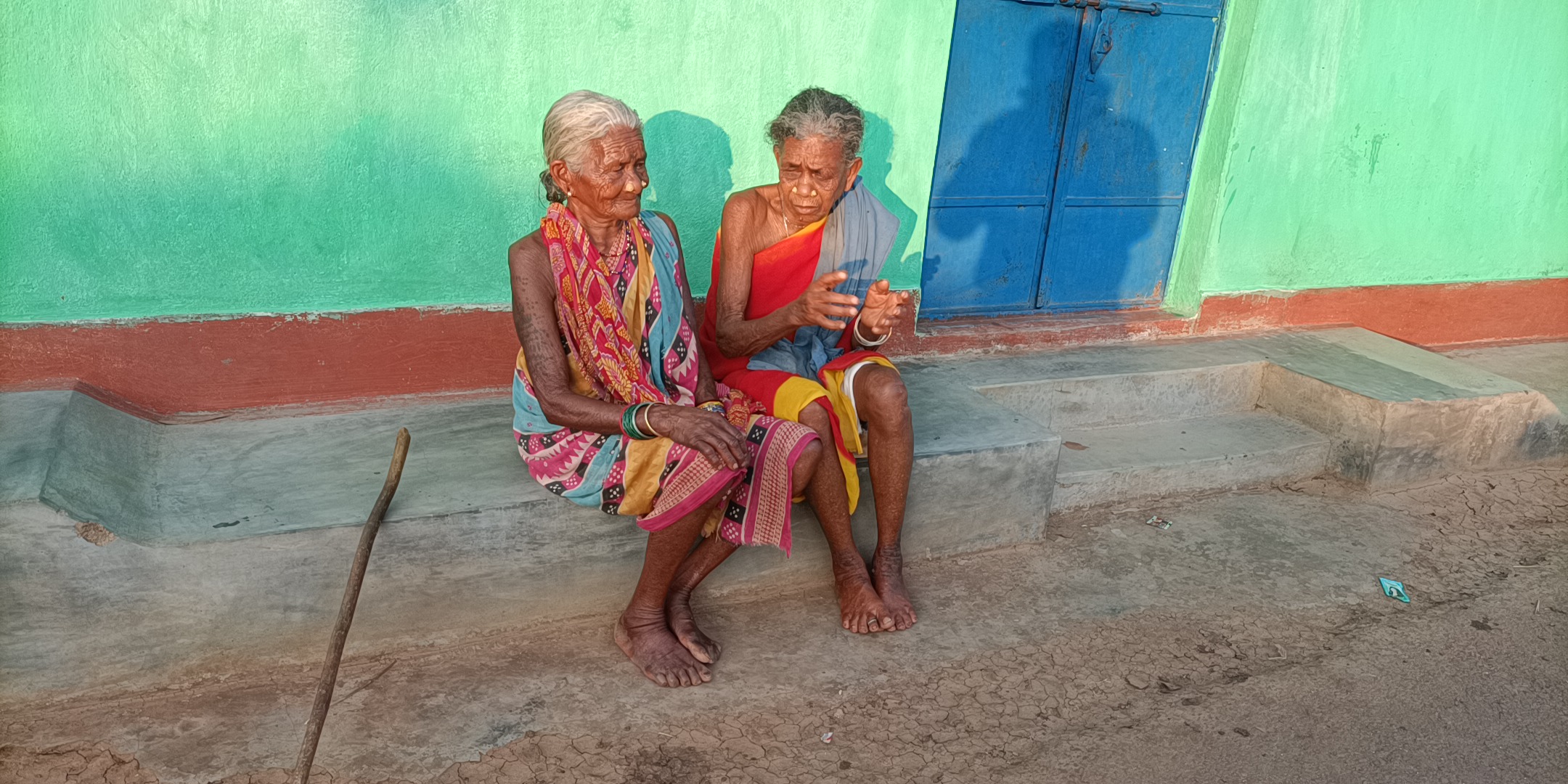
In fact, the igloo-like structures adjacent to the museum building were reportedly housing the tribal labourers before they were sent to Assam. These structures, it is learnt, were cramped to capacity. As per the district administration information board hung outside the museum, approximately 3,000 laborers migrated annually from undivided Koraput district to Assam. By 1957, when TDLA ceased operations, more than 100,000 tribal laborers had been sent to Assam’s tea gardens.
The journey to Assam, spanning over 2,000 kilometers, was grueling. Laborers were transported in trucks or other vehicles. The physical toll was immense, and the emotional strain of leaving behind families and familiar surroundings was even greater. Upon arrival, they faced isolation in an unfamiliar land.
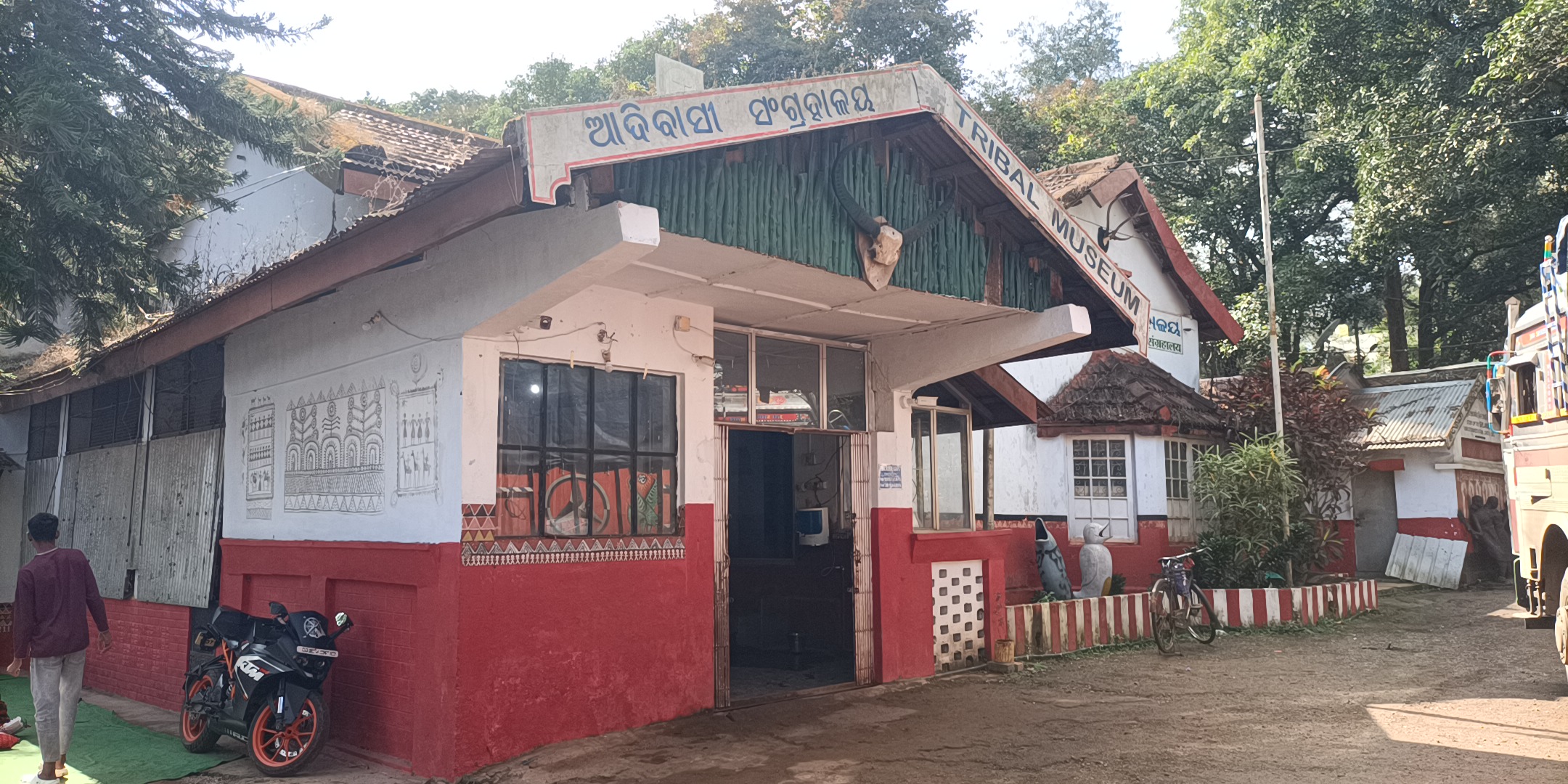
The challenges did not end there. Laborers were subjected to harsh working conditions in the tea gardens, and their meager earnings often made it impossible to reconnect with their families. Over time, they assimilated into Assamese society, marrying locally and losing linguistic and cultural ties with their homeland.
For the laborers, migration often meant permanent separation from their families. Dr. Jagabandhu Samal, Director of the Tribal Museum, explains, “Many Odia families living in Assam today are descendants of these migrants. They carry the legacy of being adivasis but have lost their connection to their ancestral villages.”
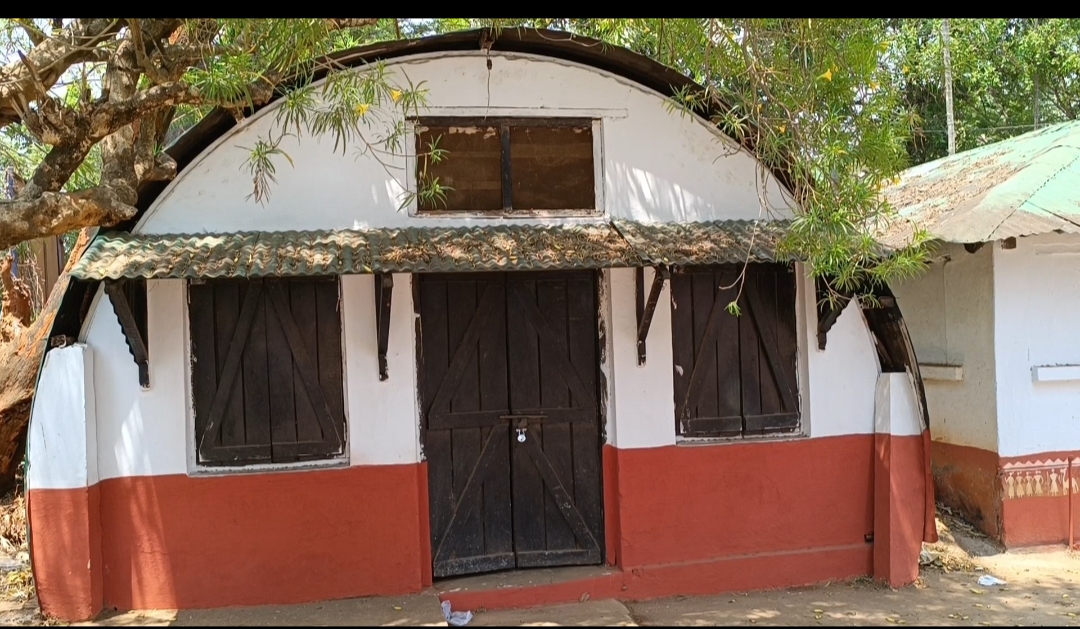
Samara Gadaba, a 70-year-old farmer from Karanjguda, recalls how his paternal uncles were among those who left for Assam. “Initially, their descendants visited us every few years, but over time, those visits stopped. The ties have been severed.” Villager Prahallad Nayak laments that while many migrant families are now well-settled, they have lost their linguistic and cultural connections with their origins.
Similarly, Surendra Masti, a farmer from Mahadeiput, shares, “The museum’s location was known as ‘Assam Dweep.’ Because there, the tribals were gathered and sent to Assam. Families had little idea where their loved ones were taken. Many never returned, and those who came back were more like strangers.” Masti also speaks about the stories he has heard from his father and grandfather about the challenges the tribals faced. "Laborers were subjected to harsh working conditions in the tea gardens, and their meager earnings often made it impossible to reconnect with their families. Over time, they got amalgamated into Assamese society, married locally and lost their identity as tribals from Odisha," he adds.
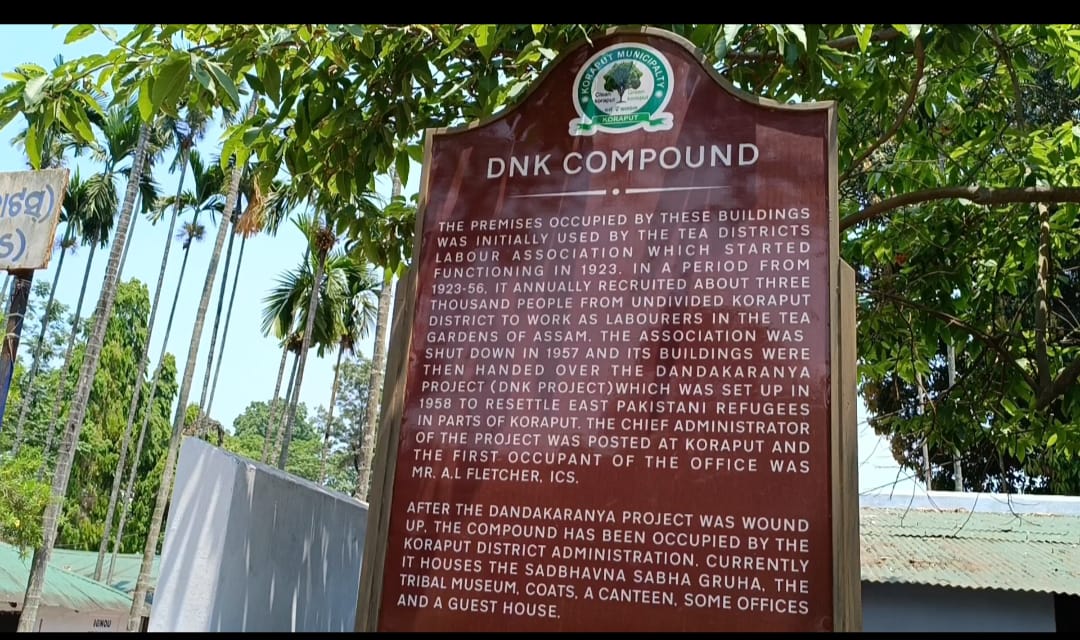
Priyabrata Patra who extensively travels to places and documents the travails of migrants, said there are stories galore about the migrant labourers. During his visits to Assam’s tea gardens, he met some people from Odisha, who identified with him as someone from their own state. “Their stories are preserved through oral traditions, but they risk being lost without documentation,” he says.
It is important to connect these lost generation with the present lot here in Koraput. Currently there is a wide gap between migrant descendants and their ancestral villages. “It’s vital to document these histories, not just for posterity but to foster a sense of belonging among the descendants,” Patra adds. He believes, given that the district's mountainous regions were endowed with natural resources, the tribals would not have left their homes in search of work, had survival not been a challenge for them.
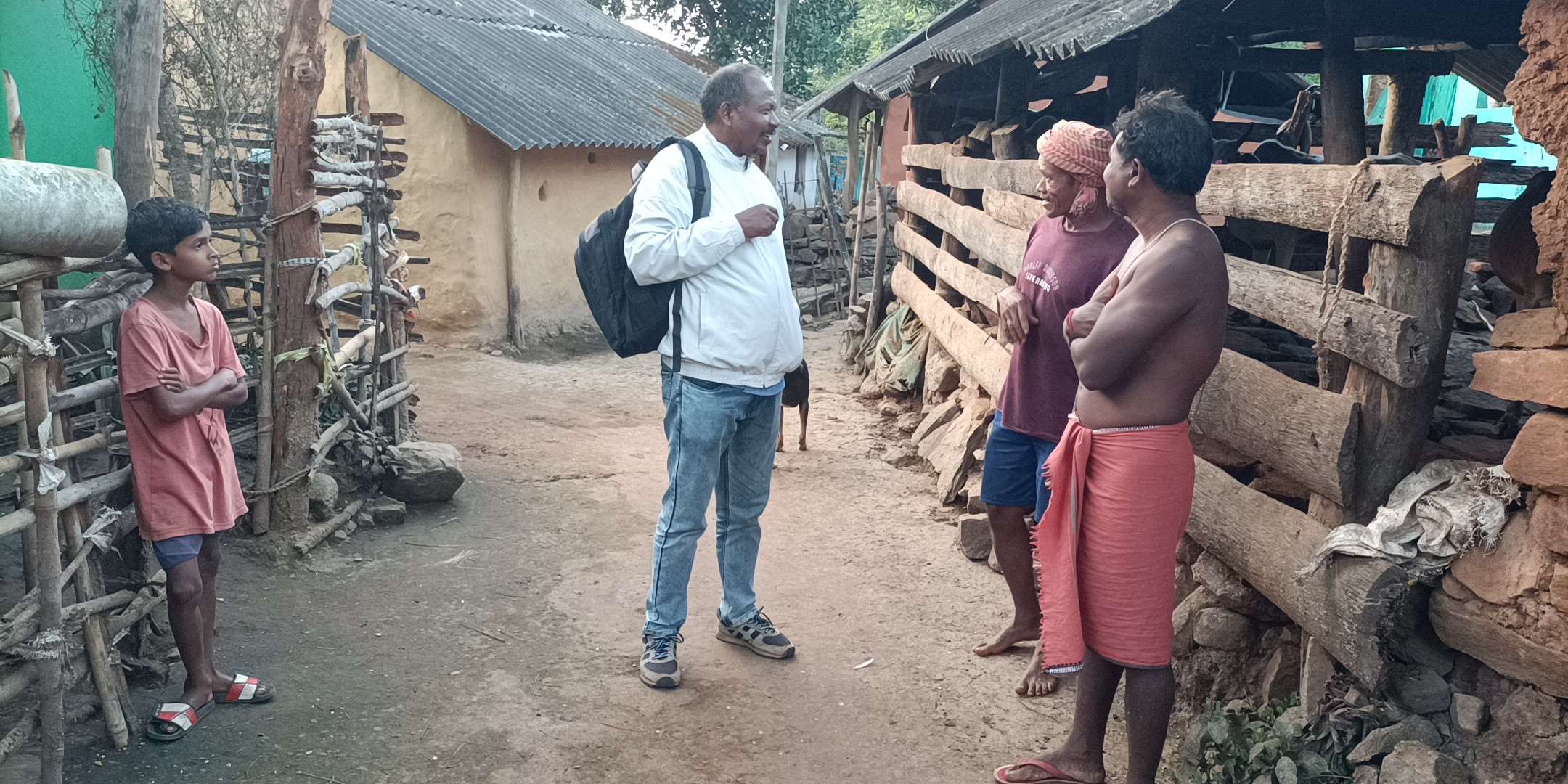
Umi Daniel, Odisha Lead of Aide et Action, who has been working in the field of migration, suggests creating a registry of migrant laborers and their descendants. “This initiative could help ensure that government benefits reach these communities while also facilitating their reconnection with ancestral lands,” he says.
Such efforts would document the trials and tribulations of the migrants who would want to rediscover their roots. "While some descendants retain surnames like 'Koraputia' as a mark of their identity as Odishans, most have not. Unlike modern-day migrants who return home for festivals in Ganjam and Western Odisha districts, most tribal laborers rarely had the means to reconnect with their homeland," says Daniel. Neither did they have money to come, says Daniel, adding, "Even government initiatives have not tracked their origins which has compounded their plight," he adds.
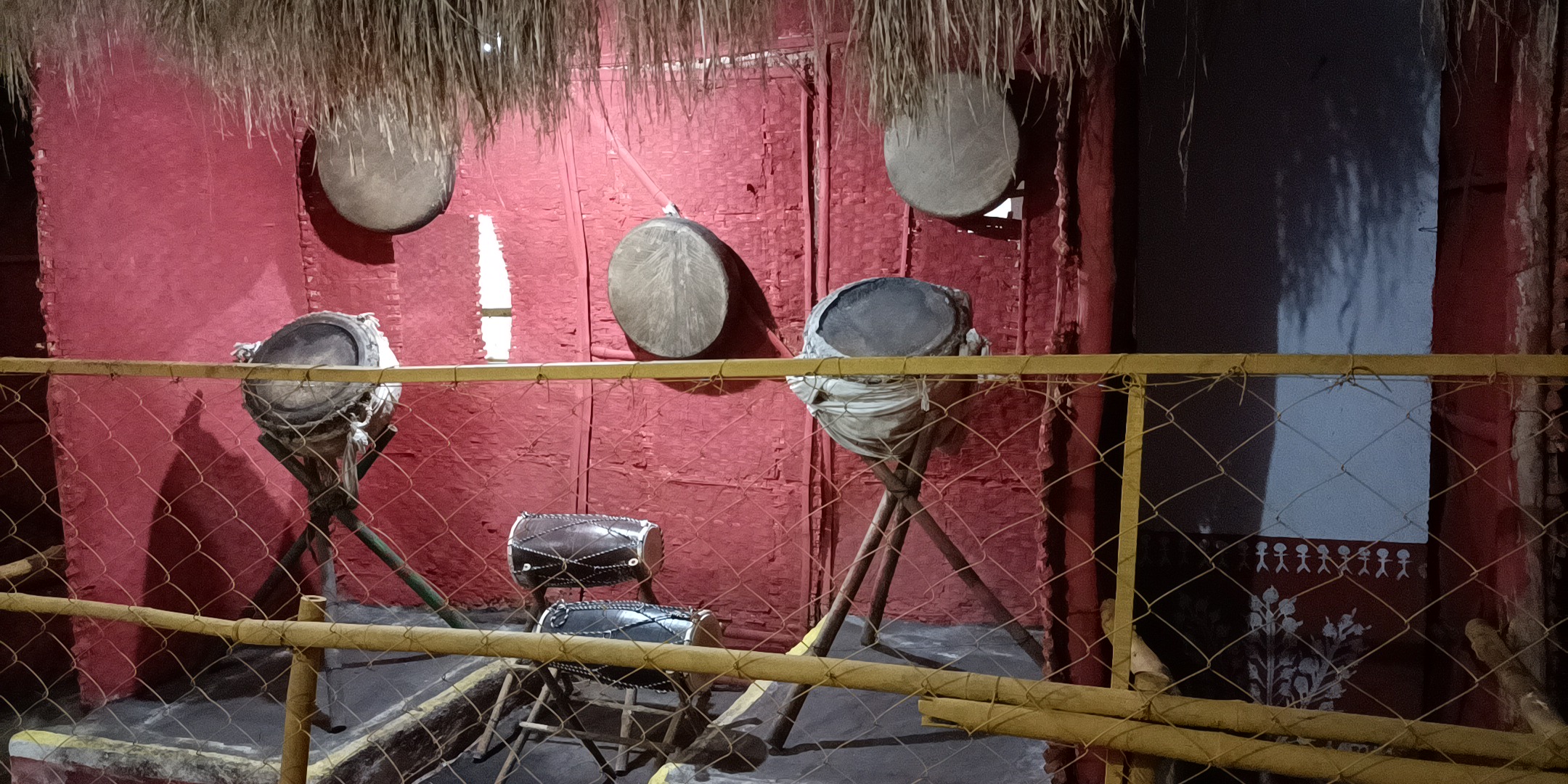
Dr. PC Mohapatro, Director of COATS, Koraput, is of the opinion that the museum that holds the heritage and history of tribal lifestyle and exhibits the pride of tribal life also documents the migration story. "The board outside the museum has the details of how many tribals were sent to Assam to work and how year on year, the number was rising," he asserts. Mohapatro also says that years of disconnection have affected the families - in Odisha and in Assam as well.
Daniel emphasizes the importance of conducting a survey of migrant labourers in the tea gardens of Assam, maintaining a migrant registry so as to ensure government benefits reach these communities and to help them reconnect with their ancestral lands. This initiative would not only honor the migrants who endured the difficulties but also foster a renewed sense of belonging among their descendants.
Read More
